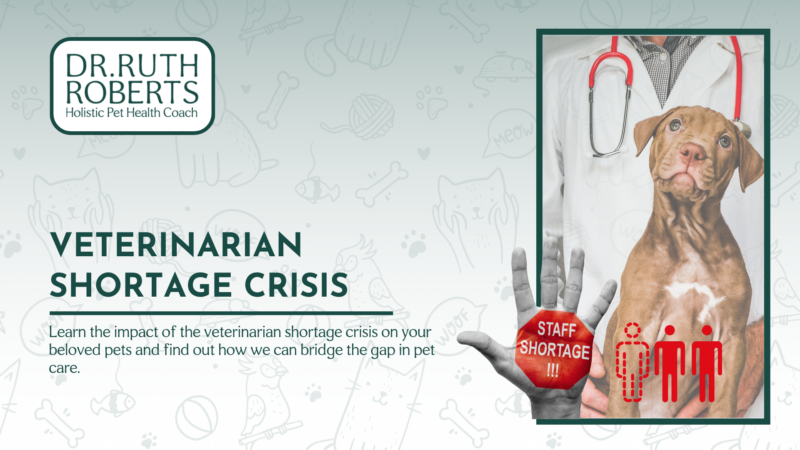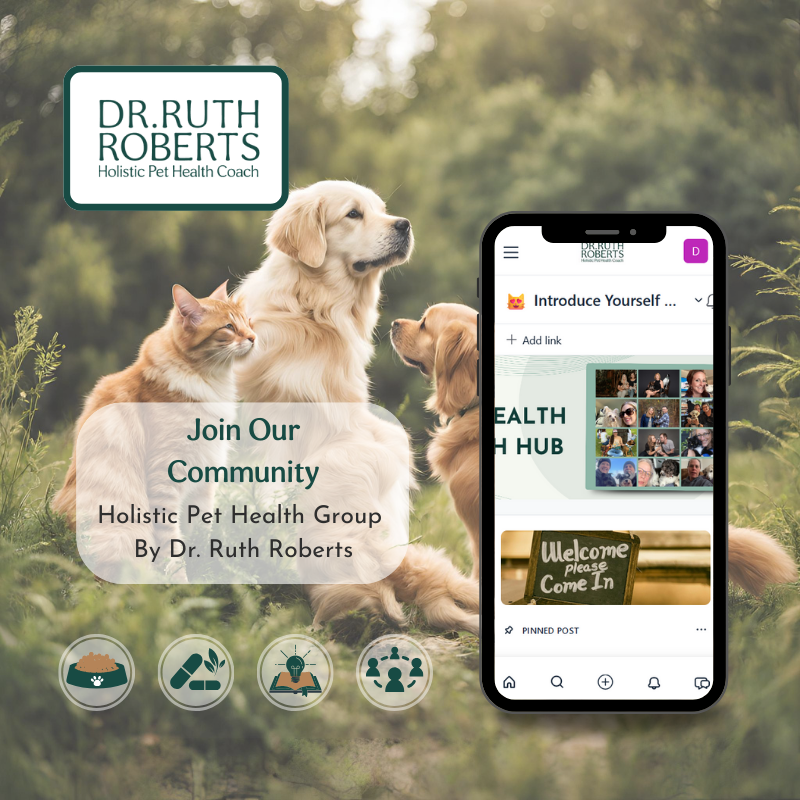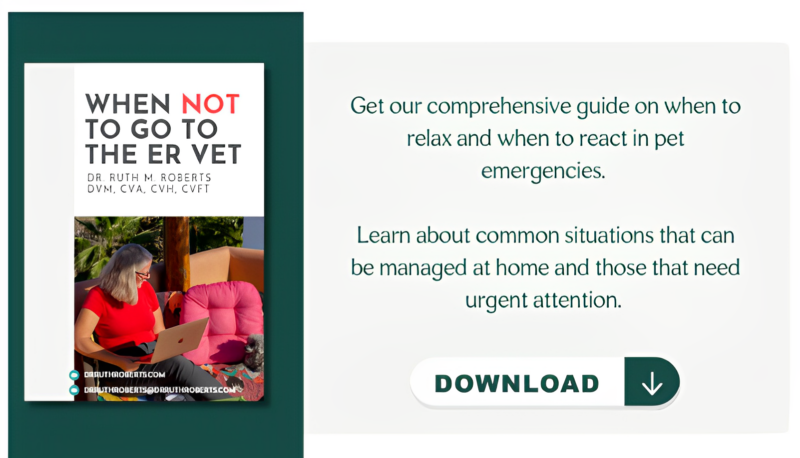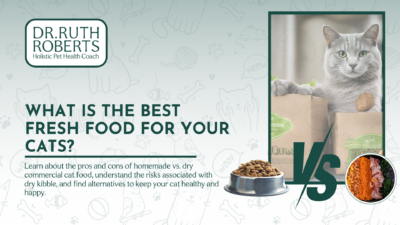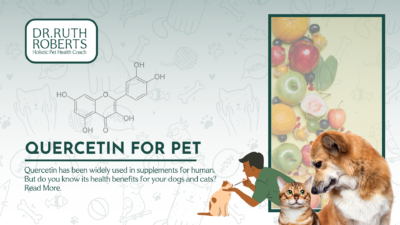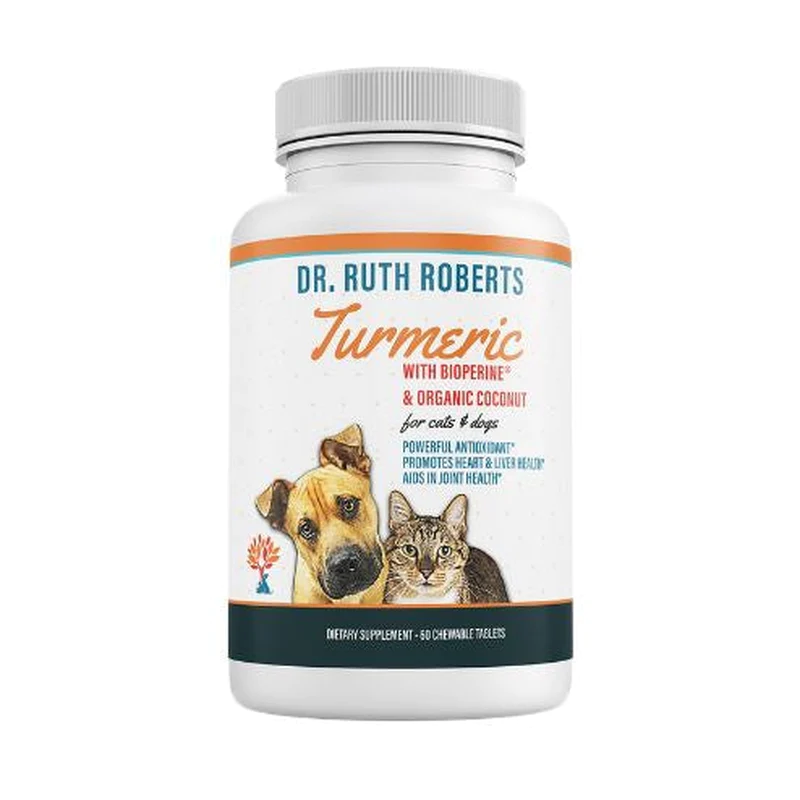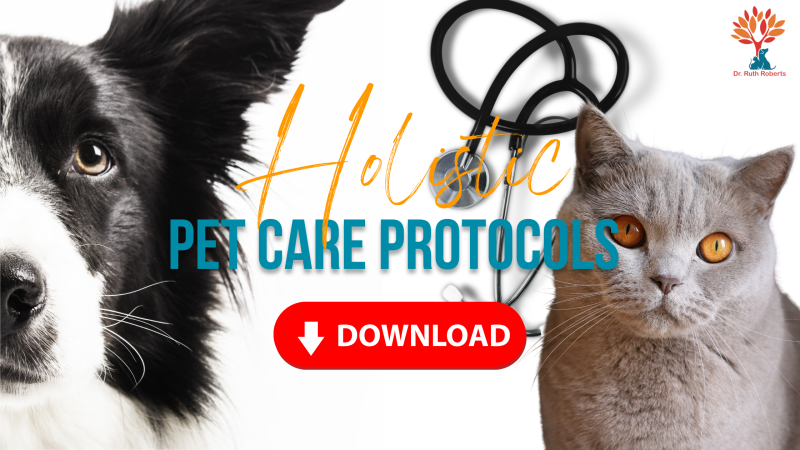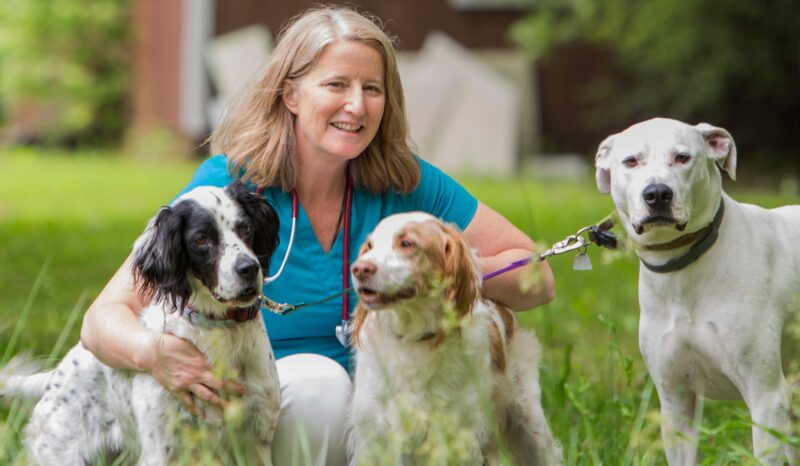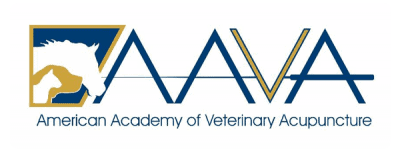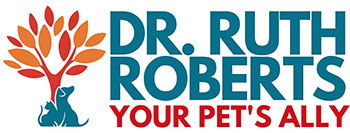Veterinarian Shortage and What Can We Do
Veterinarian shortage is not a new phenomenon. Since the past years, hospitals, clinics, and vet offices around the U.S. have had to turn animals away because they don’t have enough staff. This is happening everywhere, not just in regular vet clinics but also in emergency animal hospitals. Emergency rooms are having the hardest time.
People who work in vet hospitals tell stories of emergency places closing suddenly, owners having to travel really far to find help. And pets with serious problems waiting for a very long time to see a vet. Kristi Hulen, who works with vets in Seattle, told The Atlantic,: “When there are 17 pets in the hospital and only one doctor, along with me, for 15 hours. I can’t take any more pets because it’s just not possible.”
This crisis is not only making it hard for vets to do their job but is also making it tough for pet owners who need urgent care for their animals. In the next parts, we’ll look at why this shortage is happening and what we can do to help.
Why Is There a Veterinarian Shortage?
In 2021, a published study revealed the potential existence of a shortage of nearly 15,000 veterinarians specializing in companion animals by the year 2030. By 2030, around 55,000 more veterinarians are needed to fulfill the requirements of companion animal healthcare in the U.S. Even with the expected increase in new veterinary graduates in the coming decade, there’s still an estimated shortage of up to 24,000 companion-animal veterinarians by 2030. Moreover, meeting the demand for qualified veterinary technicians in the industry would take more than 30 years of graduates to address the need within the next 10 years. The shortage can be attributed to a combination of factors that collectively create challenges for the profession. Two common reasons contribute to the ongoing scarcity of veterinarians:
Educational Challenges
Getting accepted into veterinary school is quite tough, and the rates are much lower compared to medical schools. In the United States, the usual acceptance rates for vet school are around 10% to 15%. This is because there are only 32 vet schools in the country, a limited number of seats, and a large group of well-qualified candidates all trying to get in.
Pet Population & Pet Care Demand
The increase in the pet population can be attributed to several factors. One significant factor is a shift in societal attitudes towards pets. People begin to recognizing and embracing the companionship and joy that animals bring to their lives. Additionally, the growing awareness of the physical and mental health benefits of having pets has encouraged more families to welcome animals into their homes.
Research results from the University of Florida indicate mean quarterly expenditures per U.S. household for veterinary service users (corrected for inflation) increased at an average compounded rate of +2.95% per year from 1980 through 2021. Notably, six separate recessions occurred between 1980 and 2021 – including the COVID pandemic – and in spite of some relatively minor fluctuations along the way, the overall spending trend during this 41-year span has shown a consistent increase.
Veterinarian Shortage Impact and What Can We Do?
The impact of the veterinarian shortage on pets is significant, as it may result in delays in receiving crucial medical attention. This can potentially exacerbating existing health issues. With limited availability of veterinary services, pet parents may encounter challenges in accessing prompt and comprehensive care for their animals. As a solution, empowering pet parents with essential knowledge becomes paramount. Over the years, we have actively advocated for empowerment through a dedicated initiatives:
Holistic Vet “Near” You: Remote Consultation & Virtual Guidance
Tele-health options has become vital amidst the veterinarian shortage crisis. One facet of this approach involves remote consultation with a holistic vet to seek professional advice for non-emergency situations without the need for a physical visit to the veterinary clinic. This not only offers convenience but also ensures that minor concerns can be addressed promptly, contributing to the overall well-being of the pet.

Moreover, virtual guidance has emerged as an essential component of telehealth in the context of pet care. Pet owners can seek advice and assistance for minor health concerns through virtual channels. Yes, you can leverage the technology to connect with veterinary professionals remotely. This method proves invaluable for receiving timely guidance on at-home care, administering basic treatments, and understanding the urgency of certain health issues. While this may not replace the need for professional veterinary care, it can empower pet owners to take proactive measures and make informed decisions about their pets’ well-being.
We encourage you to book an online consultation with our Holistic Pet Health Coach. Our Certified Coaches empowers and actively assist pet parents through personalized online consultations, transcending geographical barriers and ensuring accessibility wherever you are. These skilled professionals are equipped with a comprehensive understanding of a holistic approach. Including areas such as nutrition, traditional Chinese medicine, and functional medicine. Beyond consultation, they specialize in crafting tailored food and supplement plans for each cat and dog.
The program program to become a certified coach itself has gain recognition and approval for 40 hours of RACE CE Credits for Veterinarians and Vet Techs, accredited by AAVSB. This is part of our commitment to maintaining high standards in veterinary education. If you are interested in becoming a holistic pet health coach, you can learn more here.
Education and Community Support: Pet Wellness Course
Through engagement in educational programs, pet parents not only enhance their knowledge but also empower themselves to offer well-rounded care, fostering a harmonious and fulfilling relationship with their pets. Our Pet Wellness Course plays a pivotal role in closing the gap created by the veterinary shortage by providing pet owners with essential knowledge. This course ensures that pets receive necessary care and attention, even in situations where immediate professional assistance may be lacking. This educational initiative empowers pet owners to proactively contribute to their pets’ well-being, offering insights, recognizing signs of common issues, and fostering responsible pet ownership practices.
Moreover, we understand the significance of community support in fostering responsible pet ownership. That’s why we encourage a collaborative environment where neighbors and community members actively contribute to the well-being of pets, establishing a shared responsibility. This sense of communal support creates a network of informed individuals willing to collaborate to ensure the safety, health, and happiness of all pets within the community.
To further enhance this sense of community, we invite you to join our Free Community Holistic Pet Health Group. Here, you can connect with fellow pet parents, share experiences, and gain valuable insights from our holistic pet health coach. It’s a platform designed for you to learn together, support one another, and strengthen the bond with your pets. Together, we can create a thriving community where the well-being of every pet is a shared commitment.
Know Emergency Option and Basic First Aid
Understanding emergency options and having basic first aid knowledge for pets is crucial for ensuring the well-being of our furry companions in urgent situations. Being aware of nearby emergency veterinary options ensures that pet owners can swiftly access professional care when faced with a critical situation. This awareness includes knowledge of the locations, contact information, and operating hours of emergency veterinary clinics, allowing for immediate action when needed.
Acquiring basic first aid knowledge for pets goes hand-in-hand with preparedness. Pet owners equipped with fundamental first aid skills can respond promptly to emergencies, providing initial care before reaching a veterinary professional. This knowledge encompasses understanding how to handle common emergencies, administer basic treatments, and assess the severity of a situation. Whether it’s addressing injuries, managing sudden illnesses, or stabilizing a pet until professional help is available, basic first aid knowledge empowers pet owners to be proactive in safeguarding their pets’ health during critical moments.
Our free e-book on When To Not Go to ER Vet also can be a helpful guidebook for you enabling you to comprehend basic pet emergency aid, equipping them with actionable steps to take at home in various situations.
It can guide you in discerning when a pet requires urgent attention from an Emergency Vet, facilitating informed decision-making and timely interventions. These resources exemplify our commitment to making essential pet care information accessible to all, especially in the absence of immediate professional assistance.
Key Takeaway
The veterinarian shortage crisis in the U.S. is impacting hospitals, clinics, and vet offices, leading to animals being turned away due to insufficient staff. Emergency animal hospitals, particularly, are facing severe challenges. This crisis not only hinders vets from performing their duties but also poses significant difficulties for pet owners seeking urgent care for their animals. The shortage is multifaceted, involving challenges in veterinary education, high educational costs, economic factors, and the growing demand for pet care.
The impact on pets is substantial, potentially causing delays in crucial medical attention. To address this crisis, efforts are being made to empower pet owners through education, community support, tele-health options, and basic first aid knowledge. Initiatives like the Certified Coaching Program, Pet Wellness Course, and free resources aim to bridge the gap and ensure pets receive necessary care even in the absence of immediate professional assistance. The focus is on creating a community where pet well-being is a shared responsibility, supported by knowledge, collaboration, and access to essential resources.

